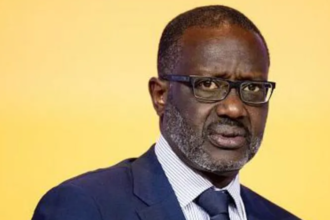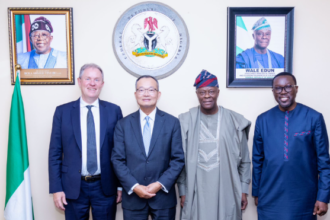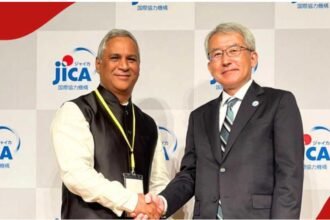Lagos, Nigeria – Hopes were high that President Bola Ahmed Tinubu’s administration would usher in a new era of economic prosperity and political stability for Nigeria, solidifying its position as a leading voice for Africa on the global stage. However, a series of missteps and persistent economic challenges are now raising concerns that Nigeria’s faltering leadership could undermine Africa’s influence in the rapidly evolving landscape of globalization.
Since assuming office, Tinubu’s government has faced a barrage of criticism for policies that, despite their stated aims, have largely failed to deliver the promised benefits. The abrupt removal of fuel subsidies, while intended to free up government revenue, triggered a crippling surge in inflation, pushing millions deeper into poverty. Similarly, the floating of the Naira, while meant to attract foreign investment, has led to significant currency devaluation, hurting businesses and eroding consumer purchasing power.
“Nigeria’s economic potential remains undeniable, but the current policies have created a climate of uncertainty and hardship,” stated Dr. Ngozi Okonjo-Iweala, a former Nigerian Finance Minister and current Director-General of the World Trade Organization, in a recent interview. “The need for a clear, well-articulated, and consistently implemented economic strategy is paramount to regain investor confidence and harness the country’s true potential.”
The impact of Nigeria’s economic struggles extends far beyond its borders. As Africa’s most populous nation and one of its largest economies, Nigeria has long been a key player in shaping the continent’s engagement with the rest of the world. A strong and stable Nigeria is crucial for driving regional integration, attracting foreign investment, and advocating for African interests in international forums.
“Nigeria’s influence on the African Union and its ability to negotiate trade deals on behalf of the continent is directly linked to its own economic strength,” explained Professor Adebayo Williams, a professor of Political Science at the University of Ibadan. “A weakened Nigeria translates into a diminished African voice on issues ranging from climate change and debt relief to global trade and security.”
Furthermore, Nigeria’s internal security challenges, exacerbated by economic hardship and political instability, are diverting resources and attention away from crucial regional initiatives. The ongoing battle against Boko Haram in the northeast and rising incidents of banditry in other parts of the country require significant investment in security infrastructure and personnel, hindering the government’s ability to focus on long-term development goals.
The challenges facing the Tinubu administration are not insurmountable. Experts suggest a more inclusive and transparent approach to policymaking, a focus on diversifying the economy beyond oil, and a commitment to strengthening democratic institutions are crucial for regaining momentum and restoring Nigeria’s credibility.
However, time is of the essence. The world is not waiting for Nigeria to get its house in order. If the Tinubu administration fails to address the current economic and political headwinds, Nigeria risks losing its position as a leading force in Africa, and the continent as a whole will be weakened in its ability to navigate the complexities of globalization. The future of Nigeria, and to a significant extent, the future of Africa’s role in the world, hangs in the balance.









